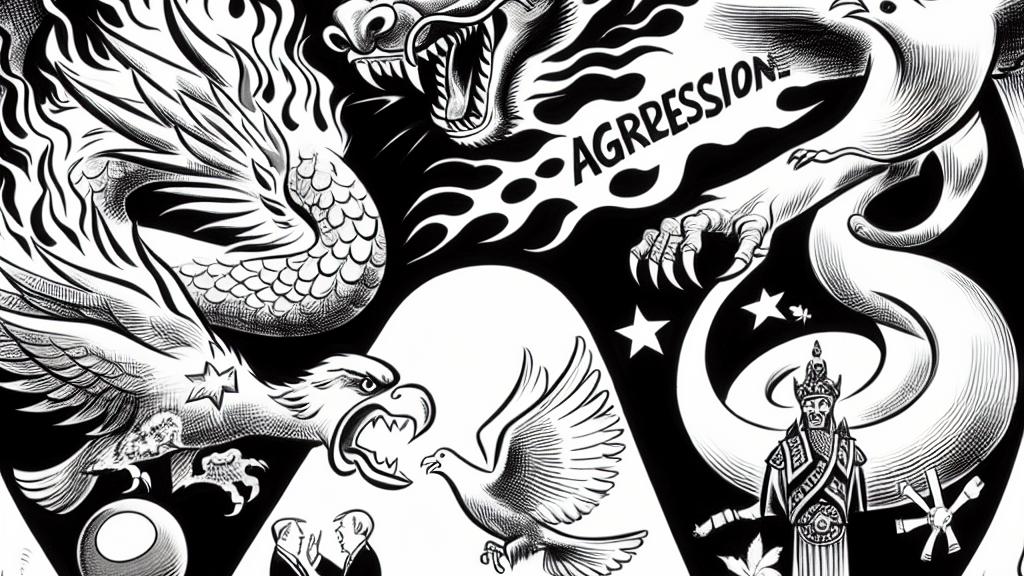Understanding the Importance of US-China Relations and Foreign Policy
Overview
- Donald Trump Jr. highlights the critical need for caution in US-China relations.
- He calls for Republican unity in supporting robust policies that address China's military ambitions.
- Navigating US-China relations effectively is essential for maintaining global economic stability and security.

Caution in US-China Relations
In a recent commentary, Donald Trump Jr. emphasized a crucial principle: the United States must 'avoid poking the dragon' when it comes to engaging with China. This vivid metaphor suggests that approaching China recklessly could provoke retaliation. He stresses the necessity of a cautious yet proactive stance, advocating for Republican lawmakers to stand firmly behind Elbridge Colby, the President's nominee for Pentagon policy chief. Colby, known for his hawkish views on China, believes in strengthening military capabilities while simultaneously valuing diplomatic outreach. For instance, he proposes leveraging military power to deter aggression while also exploring discussions with Chinese leadership to foster understanding and avoid conflict.
Focus on Defense and Diplomacy
Trump Jr. makes it clear that enhancing military readiness against China's growing influence is paramount. However, he doesn't merely advocate for military strength; he underscores the importance of diplomacy. The need for dialogue with influential figures, such as President Xi Jinping, cannot be overstated. Indeed, history has shown us the impact of personal diplomacy—consider President Nixon’s historic visit to China in 1972, which significantly transformed bilateral relations. By establishing channels of communication, nations can navigate complicated waters more effectively. The essence of Trump Jr.'s argument is that a balanced approach—melding military preparedness with genuine diplomatic engagement—creates a pathway toward lasting peace and cooperation.
The Historical Context of US-China Relations
Examining the historical context of US-China relations reveals a complex narrative filled with both conflict and cooperation. Since the establishment of the People’s Republic of China in 1949, interactions have ranged from fierce rivalry to mutual economic interests. During the Korean War, for example, US and Chinese forces clashed directly, showcasing a high-stakes confrontation. Yet, as the 1970s dawned, the seeds of economic cooperation began to sprout, leading to an era of increased trade and investment. Today, China is not just a competitor but also the United States' largest trading partner, accounting for a significant chunk of global economic activity. Given these intricate dynamics, it is clear that fostering a nuanced understanding of each other's motives and challenges is essential for sustaining global stability and promoting mutual prosperity.

Loading...